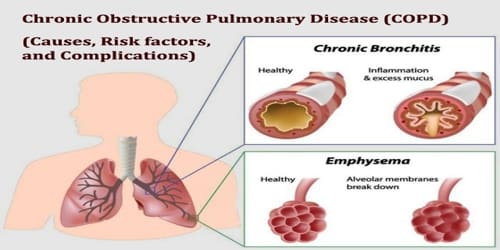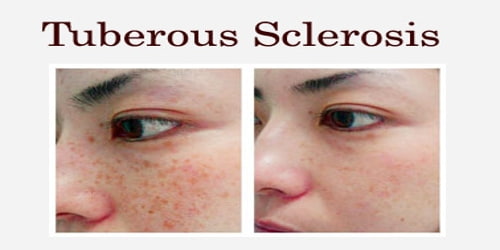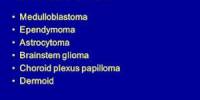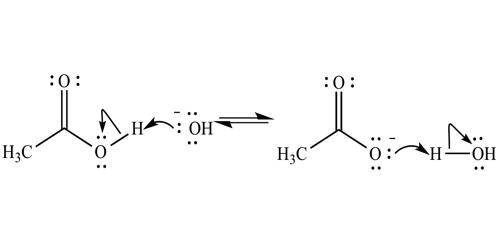The Hygiene Hypothesis postulates that a later-life increased vulnerability to autoimmune disorders and allergic diseases may result from a lack of early childhood exposure to infectious agents, parasites, and specific microorganisms. The hygiene hypothesis in medicine postulates that early exposure to specific microorganisms (like helminth parasites and gut flora) boosts immunity and guards against allergies. Specifically, it is believed that inadequate exposure to such stimuli results in weakened immune response. Exposure lasts from before birth to school age.
This theory was first put forth by Dr. David P. Strachan in 1989. Later iterations of the theory apply only to a particular group of microbes that have co-evolved with humans, whereas earlier versions of the theory discussed exposure to microorganisms in general. The microbiome depletion hypothesis, the microflora hypothesis, and the “old friends” hypothesis are some of the names given to the updates. Though many scientists continue to reject the theory, there is a substantial body of evidence linking allergies or other conditions to a lack of exposure to these microbes.
Several factors have been suggested to contribute to the Hygiene Hypothesis:
- Improved Sanitation: The use of clean water, proper sewage disposal, and hygiene practices have significantly reduced exposure to various microbes.
- Antibiotic Use: The widespread use of antibiotics has reduced the prevalence of certain infections, potentially limiting the diversity of microbial exposure.
- Smaller Family Size: With smaller family sizes, children may have less contact with siblings and other family members, reducing the chance of exposure to infectious agents.
- Urbanization: Living in urban environments may limit exposure to a diverse range of microbes compared to more rural or farm environments.
The Hygiene Hypothesis postulates that the immune system may be underdeveloped as a result of our contemporary, comparatively sanitized living conditions. The theory states that early life exposure to a range of pathogens and infections aids in immune system training and strengthening. The immune system may not develop the required regulatory mechanisms if it is not exposed to these stimuli in sufficient amounts, which could increase the risk of allergies and autoimmune diseases.
There is a complex relationship between microbial exposure, immune system development, and hygiene. Further research is required to fully understand the mechanisms at play. However, the notion has spurred scientists to investigate the function of early microbiological exposure in the maturation of the immune system and its possible consequences for public health.
















